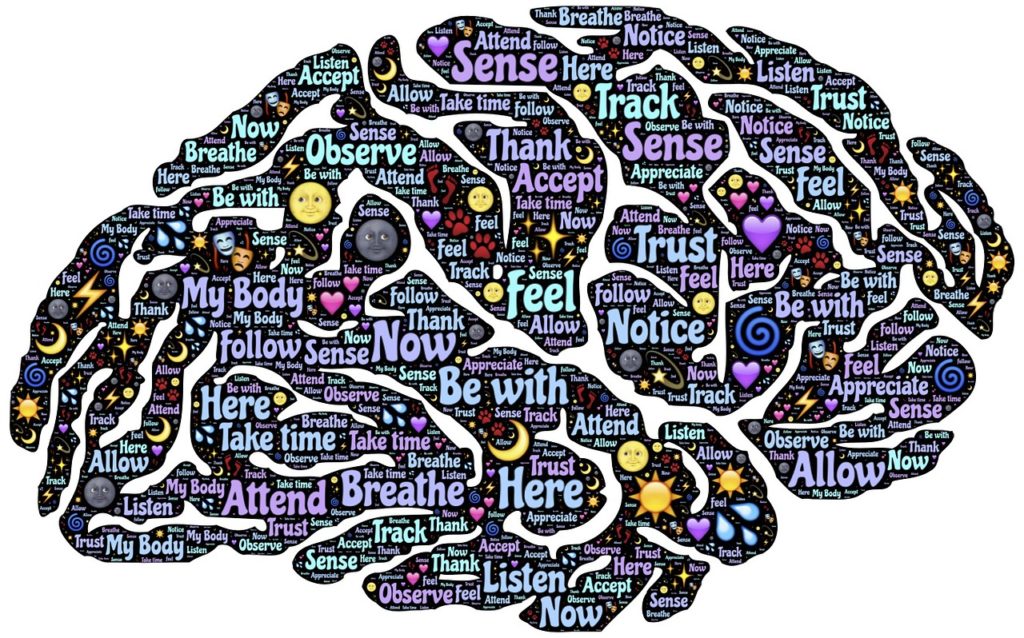The Engine of Self-Justification
(from Tavris and Aronson’s Mistakes Were Made (But Not by Me), 2018)
Cognitive dissonance is a state of mental tension that occurs when your Rider holds two conflicting cognitions (ie, beliefs, ideas, feelings, attitudes, opinions); eg, “Smoking is a dumb thing to do because it could kill me” and “I smoke two packs a day.” This dissonance results in that Elephant-driven mental discomfort which can range from minor pangs to deep anguish (i.e., some serious anxiety); and one doesn’t rest easy until a way is found to reduce it.
This is where self-justification comes to the rescue. Self-justification (SJ) is the “Rider-approved” response that will “explain,” or excuse, or defend oneself and thus alleviate having to take responsibility for holding beliefs that are conflicted; and more, for engaging in behaviors that turn out to be harmful, immoral, or stupid.
Now, most of us will never be in a position to make decisions affecting the lives and deaths of millions of people, but whether the consequences of our mistakes are trivial or tragic, on a small scale or a national canvas, most of us find it difficult if not impossible to say “I was wrong; I made a terrible mistake.” And the higher the stakes—emotional, financial, moral—the greater the difficulty.
And it goes further than that. Most people, when directly confronted by evidence that they are wrong, do not change their point of view or plan of action…but justify it even more tenaciously.
______
SJ is, in one sense, a human need; i.e., we have to live with ourselves – and cognitive dissonance is uncomfortable, often painful, even potentially excruciating. In seeking such “relief,” SJ involves both rational (ie, truthful, reasonable, logical) and irrational (ie, false, erroneous, delusional) thinking; and with likely emphasis on the latter. But while it results to great benefit in some measure of acceptable “reconciliation” (eg, it lets us sleep at night), it may also be quite harmful, even – eventually – potentially disastrous.
The following website provides a wonderful presentation of SJ’s pros and cons, especially the harm and hurt that it can wreak:

